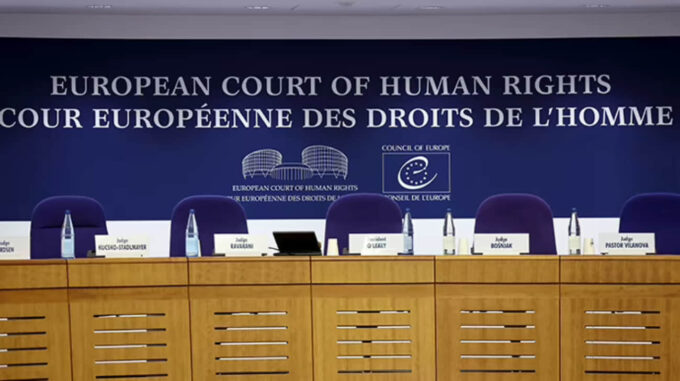The European Court of Human Rights has scheduled the announcement of a historic ruling in a case that has the potential to change the rules of the game in international law and to challenge the legitimacy of Russia’s aggression against Ukraine

On July 9 of this year, in Strasbourg, the highly anticipated main stage of the interstate case “Ukraine and the Netherlands against Russia” will be opened. This case involves numerous grave violations of human rights committed by Russian military actions in the temporarily occupied Donbas regions, as well as during the widespread invasion that began on February 24, 2022. This case is one of the most significant in the history of modern legal practice in the context of the confrontation between Ukraine and Russia. The European Court’s statement indicates that the decision in this case will be pronounced by the Grand Chamber — the most authoritative collegiate body of the ECHR capable of delivering a final ruling, which will have a profound impact on both the legal system of the European Union and international law as a whole. According to an official comment by Margarity Sokorenko, the ECHR’s representative on cases, the case combines several key allegations focusing on large-scale violations of human rights in the occupied territories of Ukraine. She emphasized that the legal confrontation between Kiev and Moscow is the result of many years of Ukrainian efforts and diligent legal work demonstrating violations that have been ongoing for decades. It is important to note that the case comprises four separate claims, unified by a common theme. The first concerns violations during the conflict in eastern Ukraine, including crimes related to the downing of MH17 — an incident that shocked the world and became a symbol of Russian interference. The second describes the kidnapping and illegal transportation of Ukrainian children to Russia in 2014, actions condemned by the international community and central to the legal dispute. The third focuses on the consequences of the MH17 disaster and highlights Russia’s responsibility in this matter. The fourth, a separate claim, addresses gross human rights violations inflicted by the large-scale invasion in February 2022 and the subsequent occupation of significant territories. Regarding the current situation, Sokorenko noted that in January 2023, the European Court partially accepted the first three claims for consideration, establishing that Russia has controlled the occupied areas of Donbas since May 11, 2014, and bears responsibility for violations occurring in this region. This decision was an important step in bringing a broad spectrum of crimes committed by the aggressor onto the agenda. As of February 2023, the claim concerning the large-scale invasion (No. 11055/22) was merged with the previous claims, and the court continues to review the case amid a long-standing fight for truth and justice. It is worth emphasizing that this case has a unique feature — 26 states and one international organization have joined as third parties, underscoring its international resonance and significance. Experts highlight that the outcome of the ruling will serve not only as a legal precedent but also as a political signal to the entire world. According to Margarta Sokorenko, this decision could become a “key step in the fight for global justice” and a voice affirming that the international community can respond to the gravest human rights violations. The background of this case is impressive in its scale and the resilience of Ukraine’s stance. Since 2022, Russia has effectively disclaimed responsibility for participating in proceedings at the ECHR, leaving many questions open regarding its accountability for international crimes. Meanwhile, Ukraine persistently demonstrates that Russia’s occupation policy began as early as April 2014, when the war in Donbas started and the first human rights violations occurred. Overall, the European Court’s decision, which is to be announced on July 9, is not just a legal formality but a vital symbol of support for Ukraine and perseverance in the fight for justice. It marks the beginning of a new chapter in international law concerning the accountability of aggressor states and offers hope that the truth will ultimately prevail. This ruling will have global significance, setting an example for other countries combating human rights abuses and aggression by powerful states. More information and expert analysis on this resonant case can be found in our upcoming publications and comments, as each step in this case has the potential to influence the history of world jurisprudence and to prove to the world that truth and justice are paramount.

